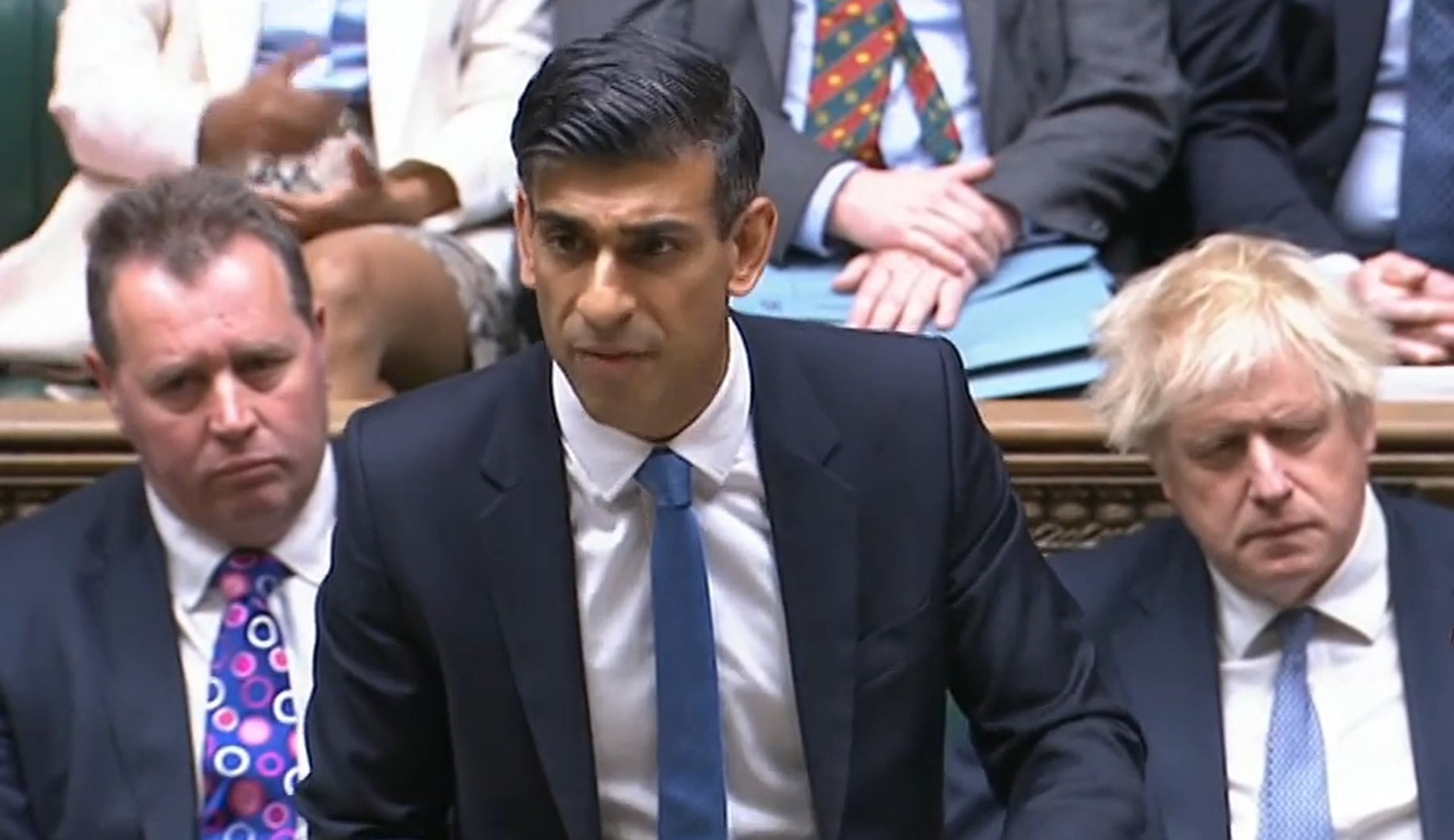Households likely to need more cash support for winter, economists warn MPs
Stephen Millard and Rebecca McDonald both told MPs at the Treasury Select Committee that Rishi Sunak may have to hand out further funds.

Your support helps us to tell the story
From reproductive rights to climate change to Big Tech, The Independent is on the ground when the story is developing. Whether it's investigating the financials of Elon Musk's pro-Trump PAC or producing our latest documentary, 'The A Word', which shines a light on the American women fighting for reproductive rights, we know how important it is to parse out the facts from the messaging.
At such a critical moment in US history, we need reporters on the ground. Your donation allows us to keep sending journalists to speak to both sides of the story.
The Independent is trusted by Americans across the entire political spectrum. And unlike many other quality news outlets, we choose not to lock Americans out of our reporting and analysis with paywalls. We believe quality journalism should be available to everyone, paid for by those who can afford it.
Your support makes all the difference.Economists have warned it is likely more financial support will be needed for households to get through the winter, despite the Chancellor’s multibillion-pound package last month.
Stephen Millard and Rebecca McDonald told MPs at the Treasury Select Committee that Rishi Sunak may have to hand out further funds to poorer families by the end of the year.
It comes after Mr Sunak unveiled £21 billion of financial measures last month, aimed at supporting households facing 40-year high inflation levels and particularly a surge in energy bills.
Mr Millard, deputy director of the National Institute of Economic and Social Research (NIESR), told the committee he believes more will be needed after energy costs increase again later this year.
He said: “The key thing is what will happen to heating bills in October, and as soon as that is announced we will have a much clearer idea.
“My gut feeling is that the package announced will not be enough and it will have to revisited in the autumn budget.
“With energy prices and food prices rising, for the country as a whole we will take a real income hit.
“The main issue is where that hit falls on the poorest members of the society, who spend more of their incomes on heating and food – it will be important to come back again and support those households in the Autumn budget.”
Ms McDonald, head of economics at the Joseph Rowntree Foundation, agreed with his sentiment.
“The commitment he made for uprating benefits next April by inflation this September means benefits will likely rise by 9%-ish depending on what inflation will be,” she said.
“That will do a lot for the next year to maintain spending power but I do think it’s likely that more will be needed.
“In terms of the Chancellor assessing the situation, I think that was framed in terms of assessing how inflation moves and although that is the main consideration, it’s not just that, but also the level of financial difficulty that families are in.”
However, Gemma Tetlow, chief economist at the Institute for Government, said she believes the Chancellor planned for his support to get households through the winter and therefore does not expect a further intervention until next year.
“I think is expectation is that this is enough to see households through to April and the following price rise,” she said.
“This could turn out to be wrong but I would perhaps expect a reassessment at a later date.”
Ms Tetlow predicted that the Chancellor could have to act again in February, when the Government has a clear idea what might happen to the price cap in April.
Members of the committee also questioned the potential inflationary impact of handing more financing support to families, as this could drive further spending.
Mr Millard told the MPs he does not believe it will result in higher inflation.
He said: “There is certainly tension with prices in theory but to be honest I’m not that worried about that – I do not think it will be inflationary.
“Why not? This is money to help the poorest people in society to buy stuff, food, to pay for their energy, precisely because they were not able to and would go other sources, such as borrowing or food banks.
“This is just enabling them to pay for something they would have bought anyway.
“In terms of creating excess demand, it’s not a big deal.”